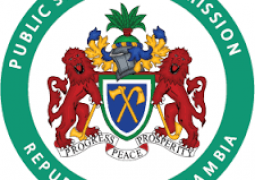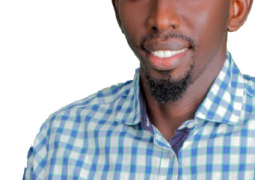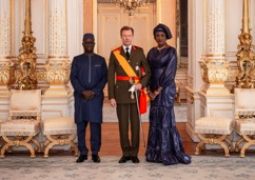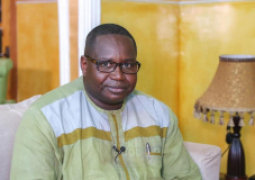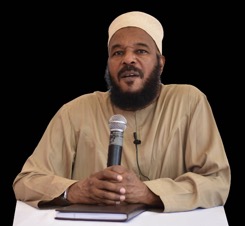
Speaking with our reporter at his office in Kanifing, Dr. Bilal said: “We are currently in the process of setting up learning centres which provide rural students with computers and internet access in all the remaining regions of The Gambia after having completed our Jarra Soma IOU Learning Centre a few weeks ago.”
Dwelling on the reason why he chose Gambia as the main Headquarters for the IOU, he explained that when he was in Canada, he was convinced by a Gambian Mamadou Dukuray, to set up in The Gambia.
On whether he faced any difficulties working under the current government, the renowned Islamic scholar stated that they haven’t faced any problems operating in The Gambia.
“Government is being cooperative and we have established programmes collaborating with the government in providing Intensive English Courses for Madara graduates who need to learn English in order to further their educational career in English fields at the University level.”
Answering questions regarding the enrolment data of the University, he stated that over 600,000 people have registered to the University globally since its inception in 2010, while adding that in terms of completion of the enrolment process and starting degree classes, there are around 60,000 people.
He also said that over 50,000 people have completed at least one course on their free diploma campus. He added that the current student population in the University is over 6,000 students globally and the total numbers of scholarship students is over 3,000 people.
According to Dr. Bilal, the current specialisations are seven: Islamic Studies (Sharee’ah) taught in English medium, Arabic Literature and Language, Education (with multiple sub-specialisations), Psychology, Islamic Banking and Finance, Business Administration, and Information Technology (IT). He further stated that among the courses, the University intended to add to its current courses are Law, Agricultural Economics, Public Health, Journalism, and Mass Communications. He confirmed to our reporter that the University has over 200 staff globally and students in over 200 countries.


